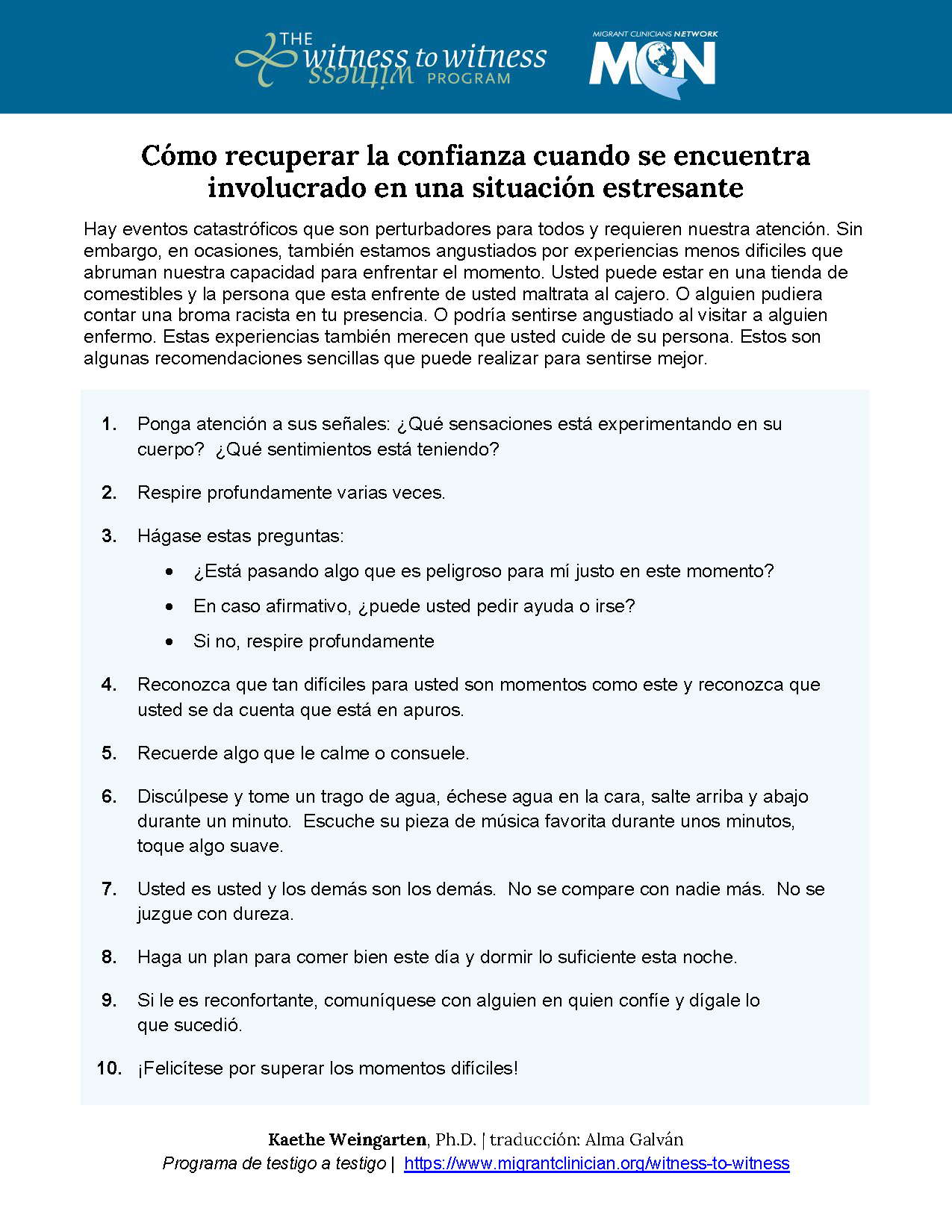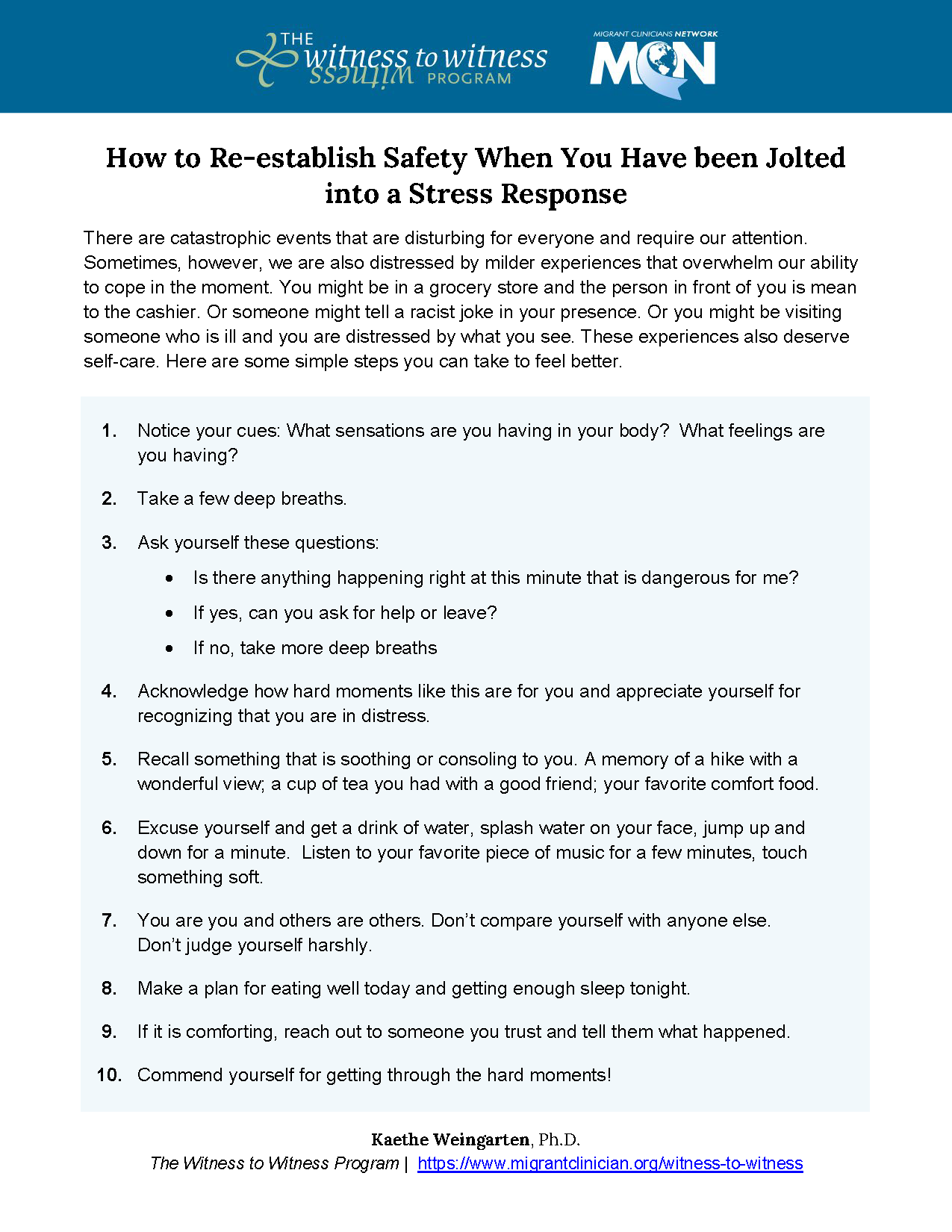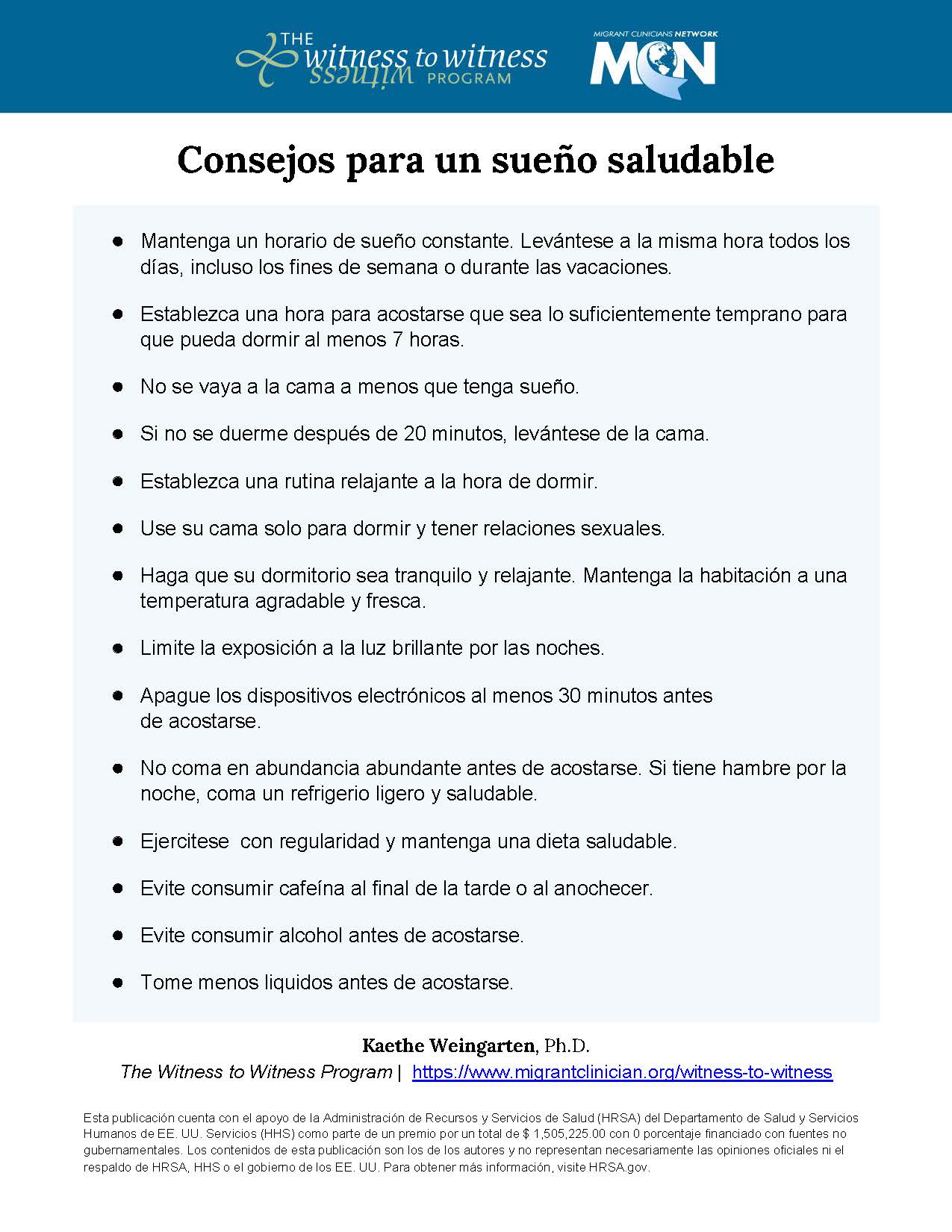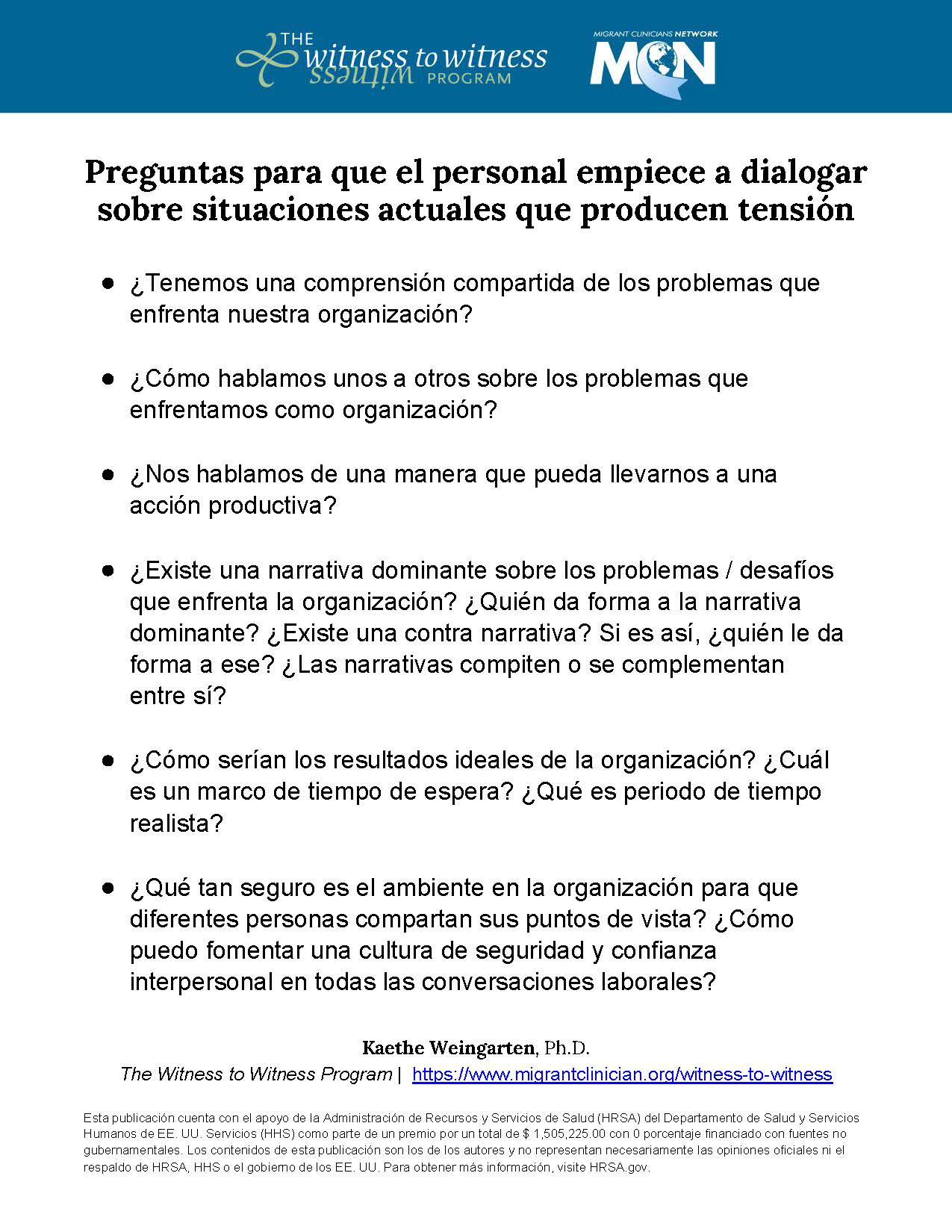This colorful vaccine calendar comic gives low-literacy information on vaccines and some information on why adults need immunizations, too. Available in high resolution to download and print into poster size.
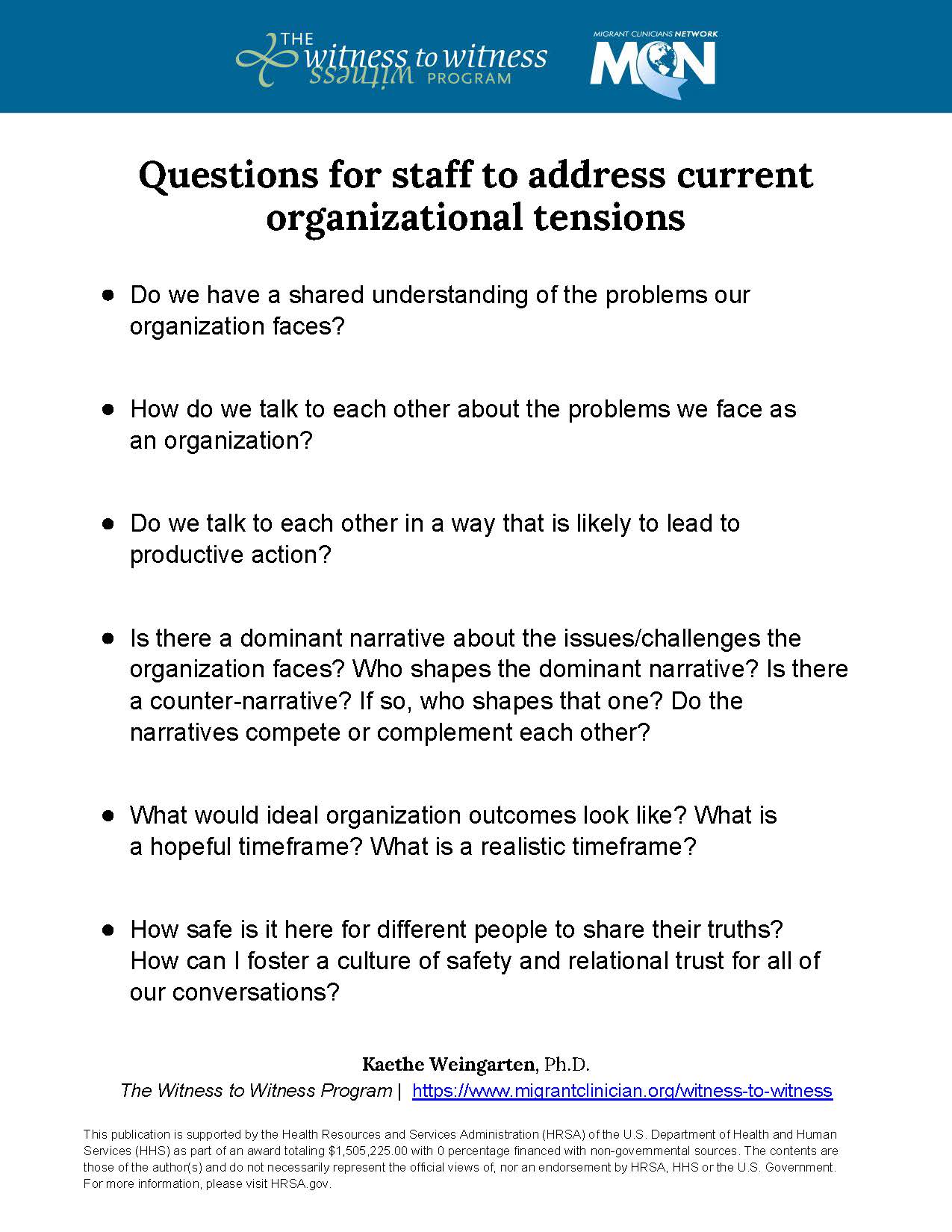
This publication was supported by the Health Resources and Services Administration (HRSA) of the U.S. Department of Health and Human Services (HHS) as part of an award totaling $ 1,310,460 with 0 percentage financed with non-governmental sources. The contents are those of the author(s) and do not necessarily represent the official views of, nor an endorsement, by HRSA, HHS, or the U.S. Government. For more information, please visit HRSA.gov.
- 2022-4-28_Questions-for-Staff-to-Address-Current-Organizational-Tensions_Handout.pdf (132.17 KB)
- 20D466~1.PDF (127.83 KB)
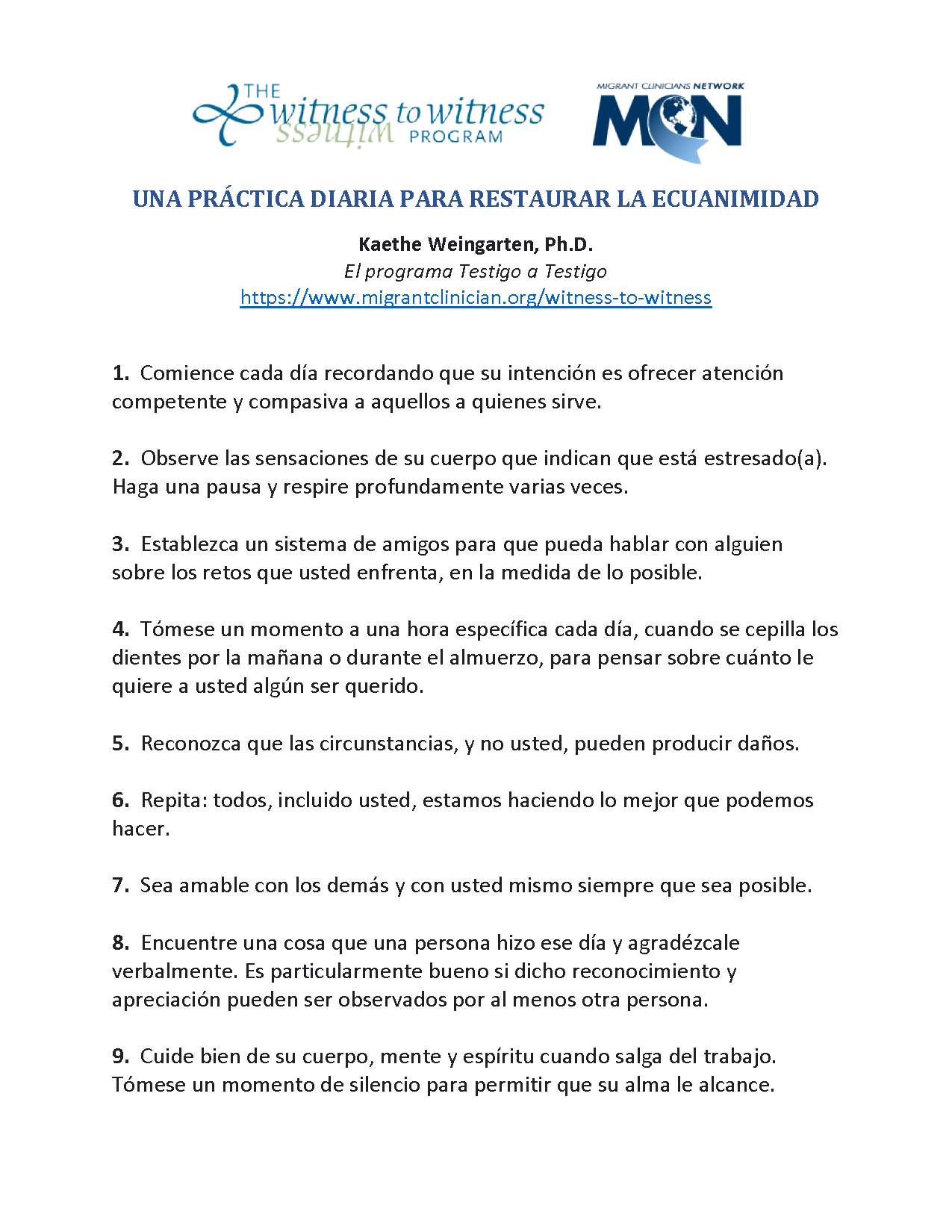

This publication was supported by the Health Resources and Services Administration (HRSA) of the U.S. Department of Health and Human Services (HHS) as part of an award totaling $ 1,310,460 with 0 percentage financed with non-governmental sources. The contents are those of the author(s) and do not necessarily represent the official views of, nor an endorsement, by HRSA, HHS, or the U.S. Government. For more information, please visit HRSA.gov.
- 2022-4-28_Questions-for-Staff-to-Address-Current-Organizational-Tensions_Handout.pdf (132.17 KB)
- 20D466~1.PDF (127.83 KB)
This colorful vaccine calendar comic gives low-literacy information on vaccines and some information on why adults need immunizations, too. Available in high resolution to download and print into poster size.
Application Deadline: 04/15/2018 at 5 pm CST
The Underserved Occupational Populations Section of ACOEM is sponsoring one $1,000 scholarship to qualified residents and medical students interested in making significant contributions to the field of underserved occupational medicine.The scholarship was established in honor of Joseph A. Fortuna, MD, FACOEM who founded the Underserved Occupational Populations Section of ACOEM and who was a tireless supporter of underserved workers and their families.
- JAF Memorial Scholarship to AOHC.3.pdf (284.44 KB)
"The Global Report on Internal Displacement presents the latest information on internal displacement worldwide caused by conflict, violence and disasters."
"These materials are designed to be simple and useful in helping physicians and health-care professionals to meet the needs of their patients who may be undocumented or suffering stresses related to close family or community members being undocumented. While there are many toolkits being developed, we hope that these materials might be very easy to use and enable the physician or other health-care professional to address the most immediate needs of such patients."
Offers basic screening questions, common occupations and ailments associated with them, as well as recommended treatment. Also includes sample letters from clinicians to employers for restricted work.
This resource offers training for community based organizations and workers in the aftermath of natural disasters. It includes educational materials as well as trainer guides and tools.
Blog post from the U.S. Department of Labor highlighting common hazards during hurricane cleanup as well as links to additional readings.
Information on keeping food and water safe for consumption and best hygiene practices in the face of disasters.
Offers tips about potential hazards and protective strategies during disaster cleanup.
This page highlights important tools for clinicians as well as diagnoses to consider when caring for disaster-affected patients.
United for Puerto Rico is an initiative brought forth by the First Lady of Puerto Rico, Beatriz Rosselló, in collaboration with the private sector, with the purpose of providing aid and support to those affected in Puerto Rico by the passage of Hurricane Irma and Hurricane María. 100% of the proceeds will go to helping the victims afteced by these natural disasters in Puerto Rico.
This site includes various helpful links including information on health hazards, mold remediation, respirator use, and related policy information.
Comprehensive flood information including links to preparedness and response/recovery pages.
Comprehensive hurricane information including links to preparedness and response/recovery pages.
"To assist health centers in obtaining Federal Emergency Management Agency (FEMA) funding for damaged or destroyed facilities, Capital Link has developed Hurricane Recovery Resources for Health Centers, supported by the Health Resources and Services Administration."
"The Human Diagnosis Project (also referred to as "Human Dx" or "the Project") is a worldwide effort created with and led by the global medical community to build an online system that maps the best steps to help any patient. By combining collective intelligence with machine learning, Human Dx intends to enable more accurate, affordable, and accessible care for all."
A resource by the CDC highlighting the symptoms and signs of carbon monoxide poisoning, which is often a cause of illness and death after a natural disaster.
"Carbon monoxide (CO) is an odorless, colorless, poisonous gas that can cause sudden illness and death if present in sufficient concentration in the ambient air. When power outages occur during emergencies such as hurricanes or winter storms, the use of alternative sources of fuel or electricity for heating, cooling, or cooking can cause CO to build up in a home, garage, or camper and poison the people and animals inside." - CDC
Safety and Health Practicesfor Nail Salon Workers and a Training Guide for Nail Salon Worker Safety and Health Outreach Program
- Best_Practices_HOPE.pdf (230 KB)
- Trainer_Guide_HOPE.pdf (1.34 MB)
This 90-minute webinar was created for physicians, nurses, and other health professionals who treat and case manage patients with active TB. The webinar introduced the 2016 Official American Thoracic Society/Centers for Disease Control and Prevention/Infectious Diseases Society of America Clinical Practice Guidelines: Treatment of Drug-Susceptible Tuberculosis. This training highlighted the guidelines development process, the key changes in recommendations, and discussed the evidence supporting the changes. The webinar was originally presented on November 4, 2016. This training was jointly sponsored by all 5 RTMCCs.
Diabetes HealthSense provides easy access to resources to help you live well and meet your goals—whether you have diabetes or are at risk for the disease. Available in English.

